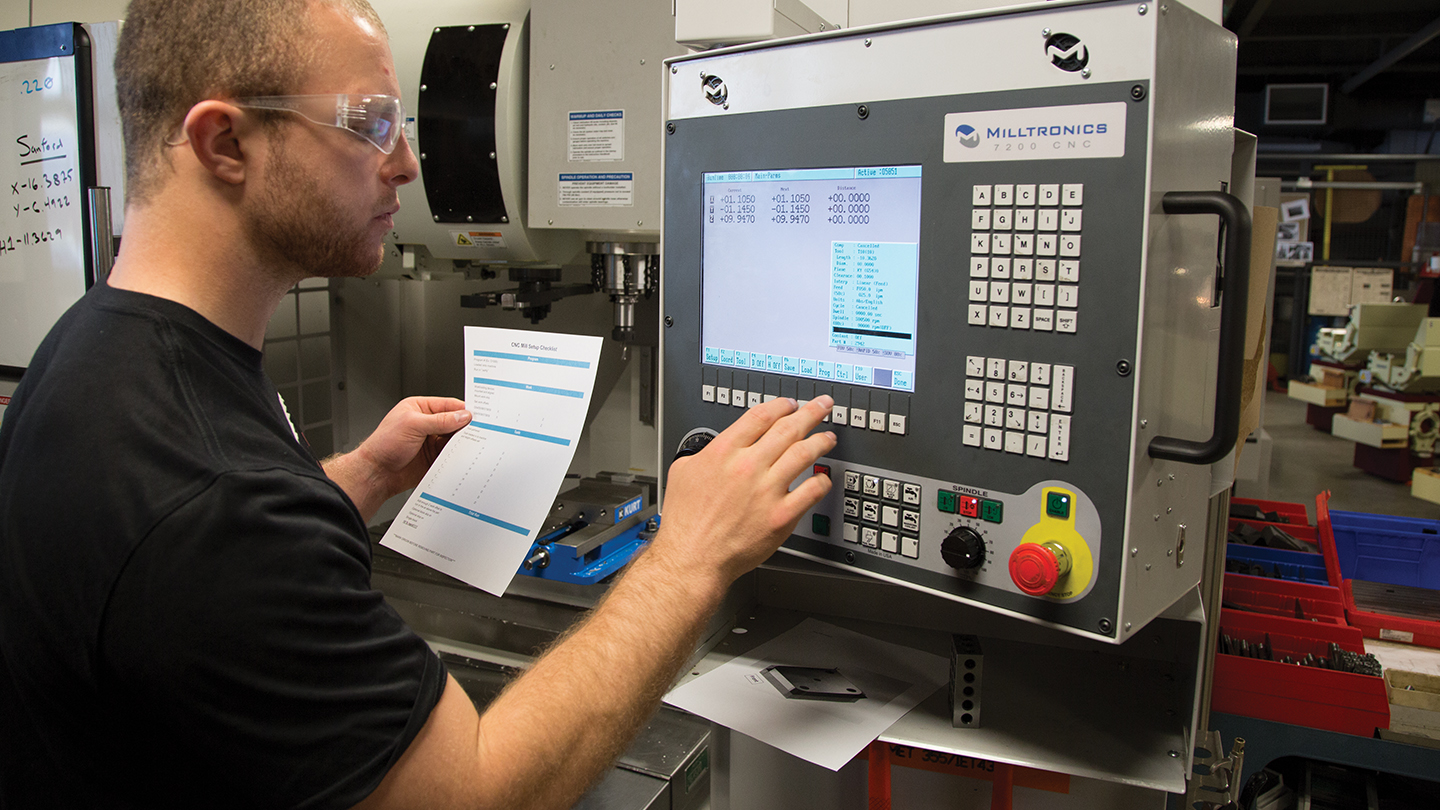
ETSC
Bachelor of Applied Science in Risk, Insurance, and Safety Management
About the Risk, Insurance, and Safety Management, BAS
Our BAS in Risk, Insurance, and Safety Management allows those of you who have worked in the industry to enhance your career potential by utilizing a community or technical college education and job experience to earn a four-year degree following completion of upper-division coursework. You will use a variety of concepts and principles from diverse areas such as occupational safety management, business administration, risk management, insurance, and statistics to assess and respond to the numerous hazard (insurable) risks faced by incredibly diverse organizations.
Visit Department WebsiteWhy Study Risk, Insurance, and Safety Management at CWU?
Our typical recipient of this degree has an applied technical degree from a community college.
The degree complements your associate degree in an applied or technical area helping you to broaden your skills, knowledge, abilities, and competencies. We utilize the credits from two-year applied degrees and add classes in risk management, insurance, safety management, and business administration plus the general education credits in humanities and science.
Where is this program offered?
How much does this program cost?
Explore information on Cost, Aid, and Value to make an informed decision about investing in your education at CWU.
Where can I find more information?
Please visit the CWU Academic Catalog for current information about admission requirements, course descriptions, learner outcomes, and credit information.
Careers & Opportunities
The U.S. Bureau of Labor Statistics anticipates job growth in the field of risk management at about 19% through 2026. This degree will equip you with the competencies to fill entry-level positions in both the private and public sectors.
- Safety Manager/Specialist
- Risk Manager/Analyst
- Workers’ Compensation Claims Manager
- Loss Prevention Representative
- Insurance Analyst
- Business Continuity Manager
- Underwriter (Risk Selection)
Highlights
Greg Lyman, chair of the Engineering Technologies, Safety, and Construction Department aimed to improve national building codes by studying the effects of high winds on energy-generating equipment. With a $350,000 National Science Foundation grant, Lyman and his team installed sensors on solar panels at CWU's Hogue Hall to collect data on wind vibrations, air pressure, and equipment strain.
Additional Program Information
-
Admissions Information
Applications are accepted throughout the academic year. Students are required to consult with an advisor before submitting their application. During the application process, the submission of a resume and personal statement (goals & career plan) is required for professional admission to the program. In addition, the following requirements should be met for admission into the degree:
- Completion of an associate of applied or technical degree in occupational safety & health or a closely related area from an accredited community or technical college
- CWU/Transfer Combined cumulative grade point average (CGPA) of 2.25 or above at the time of application
- A world language is not required
- A minimum grade of C in ENG 101, and ENG 102 or equivalent
-
Frequently Asked Questions
Will International students be accepted to the major?
Yes and No.
International students can live in Ellensburg and take classes and may be accepted to the major if they meet the Admission Requirements. However, our program does not have enough face-to-face classes to satisfy the F1 Visa requirements at any other location.
How do I check to see if any of my community college courses are equivalent to the CWU general education classes?
The Transfer Center can help you better understand how your courses will transfer to CWU. If you cannot find your school or course, it means there is not yet an existing equivalency.
Note: If you have a Direct Transfer Agreement AA degree (DTA) as well as your applied or technical degree, you automatically meet the CWU general education requirements.
How many credits can I transfer toward my CWU degree?
Students may transfer no more than 135 credits to CWU, including a maximum of 105 credits of community college (100-200 level) coursework. The CWU Office of the Registrar evaluates all transfer credits based on official transcripts. To be eligible for graduation you must complete 75 credits (at least 45 from CWU) at a baccalaureate-granting institution. Extension credits including correspondence courses earned at other schools or the military may not exceed 45 credits. At least 60 credits of upper division (300-400 level) coursework is required for graduation.
I have taken more than 105 credits from a two-year college (or more than 135 credits including those from a four-year college). What will happen to my other credits?
The CWU credit transfer limits relate to our graduation requirements. You need at least 180 credits to graduate from CWU. This means that a community college transfer student must take at least 75 credits at CWU to graduate. Transfer students from four-year schools must take at least 45 credits at CWU to graduate. Regardless of how many excess transfer credits you may have, you will not have to retake any CWU courses if you have already completed the equivalent courses at other institutions. However, you will still have to complete the minimum number of credits at CWU required for graduation.
Related Programs

Majors
Apparel, Textiles, and Merchandising, BS
Are you passionate about the fashion industry? Learn more about the degree in Apparel, Textiles, and Merchandising

Majors
Apparel, Textiles, and Merchandising, BS—Fashion Marketing Specialization
From marketing strategies to trend-setting consumer behavior analysis.
Questions? Contact Us.
Engineering Technologies, Safety, and Construction
Hogue 101